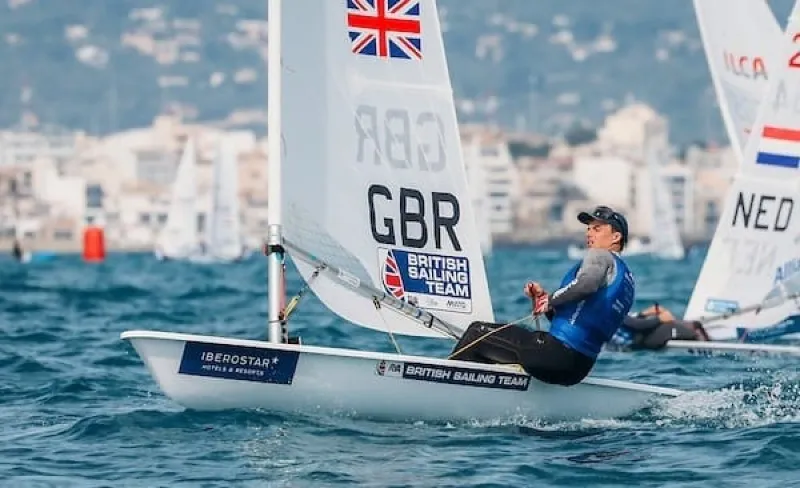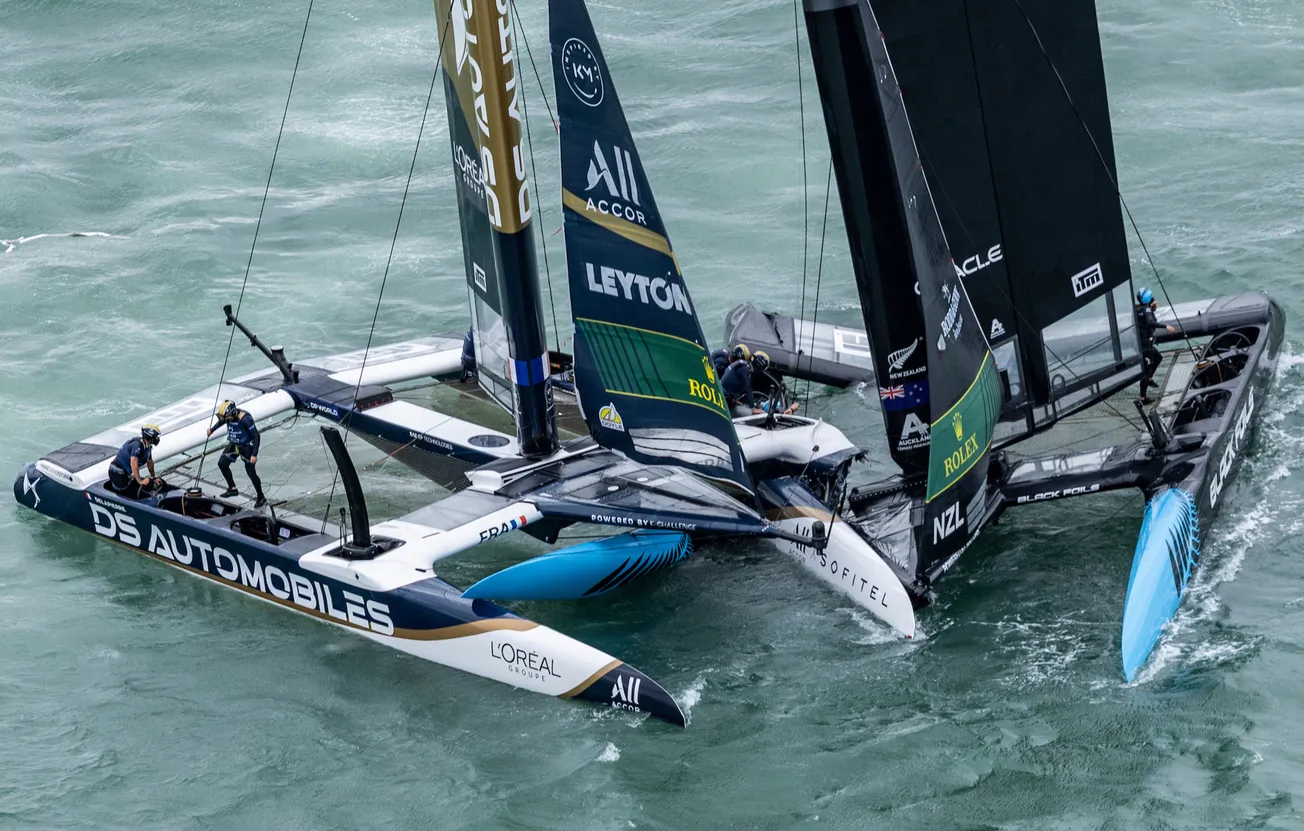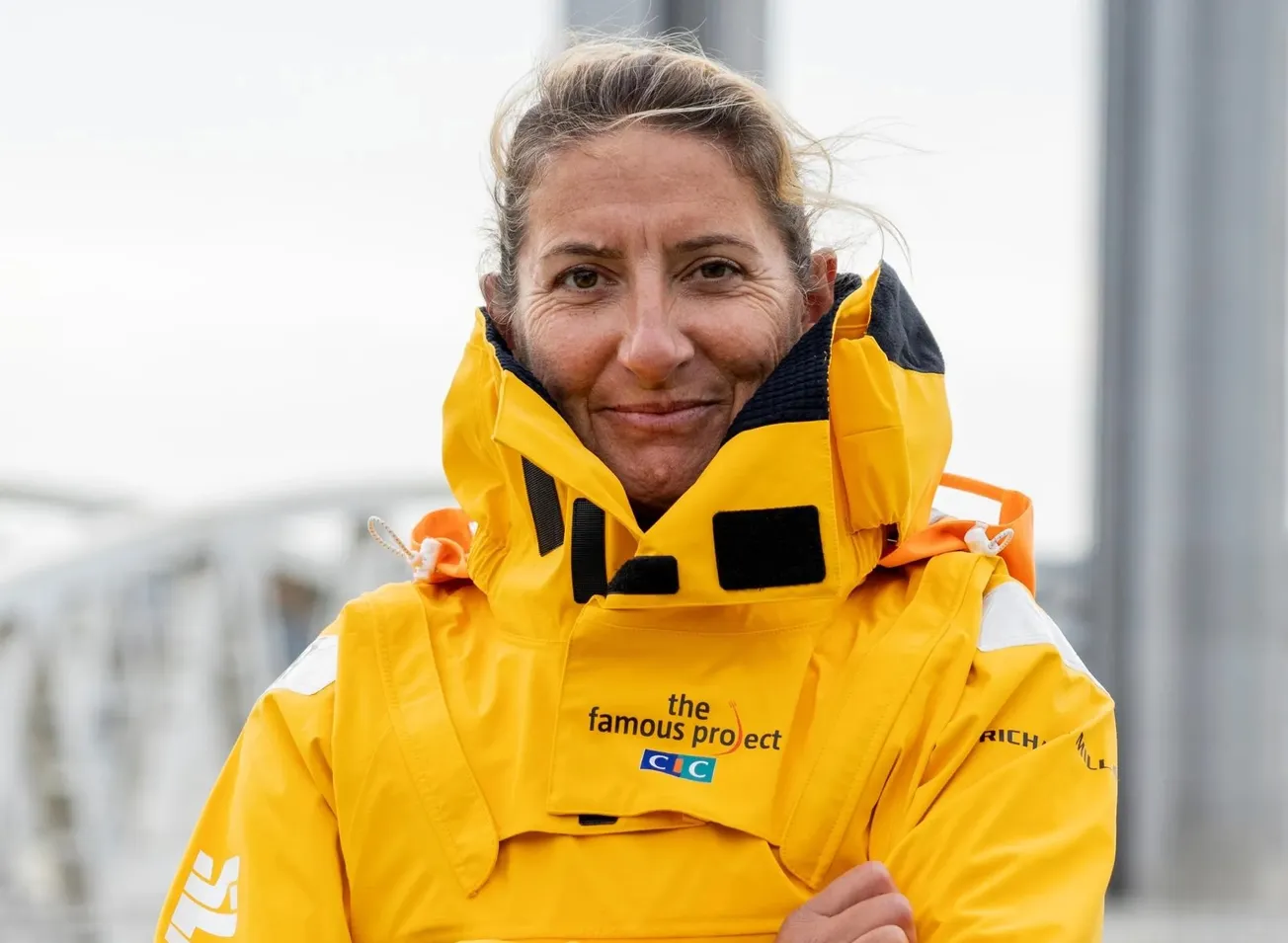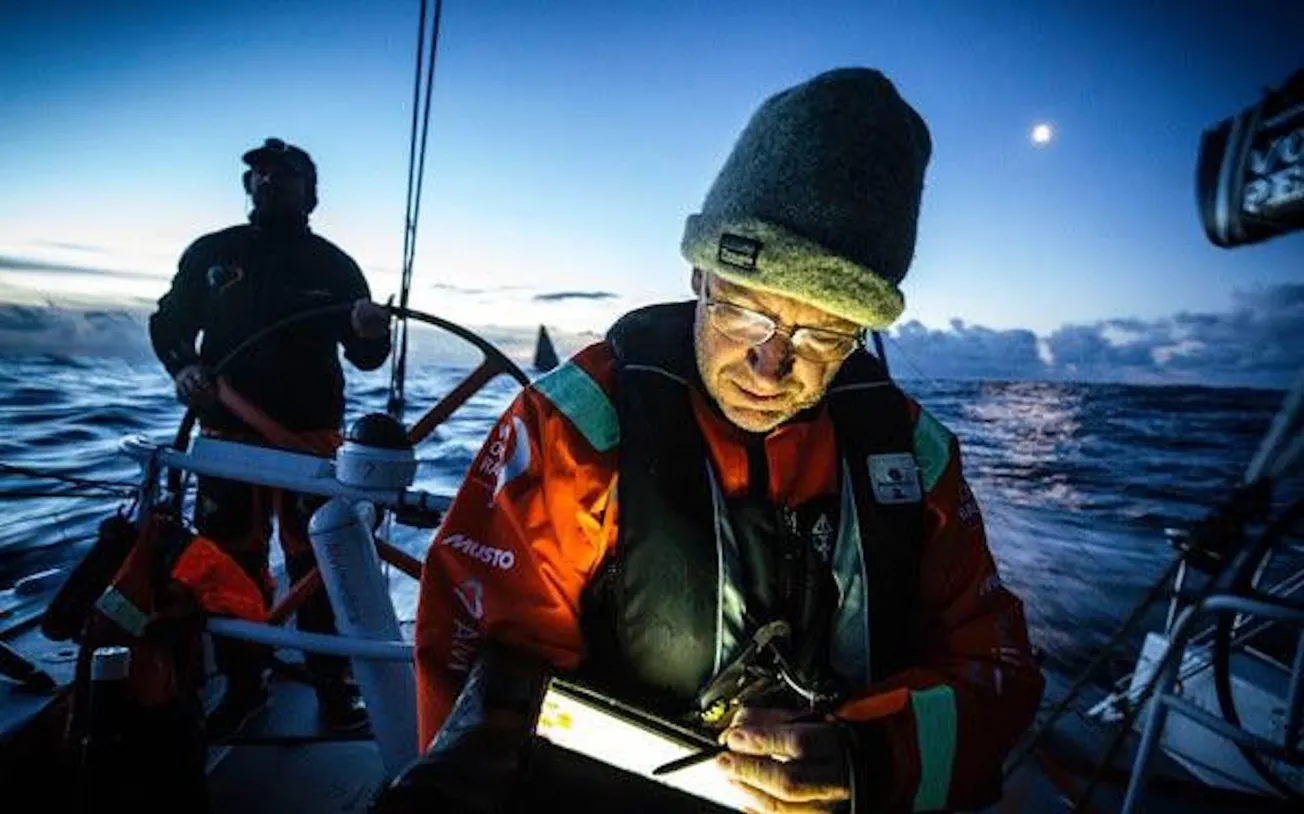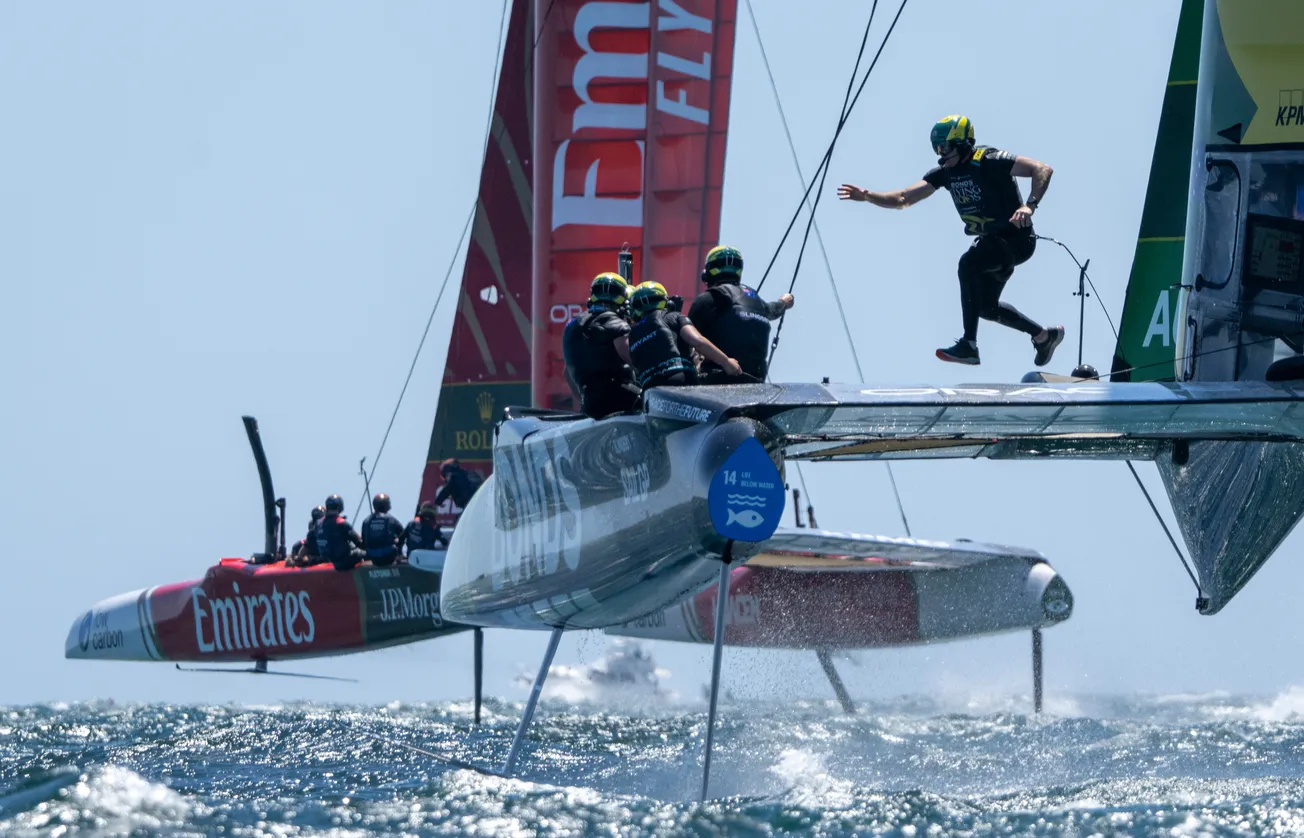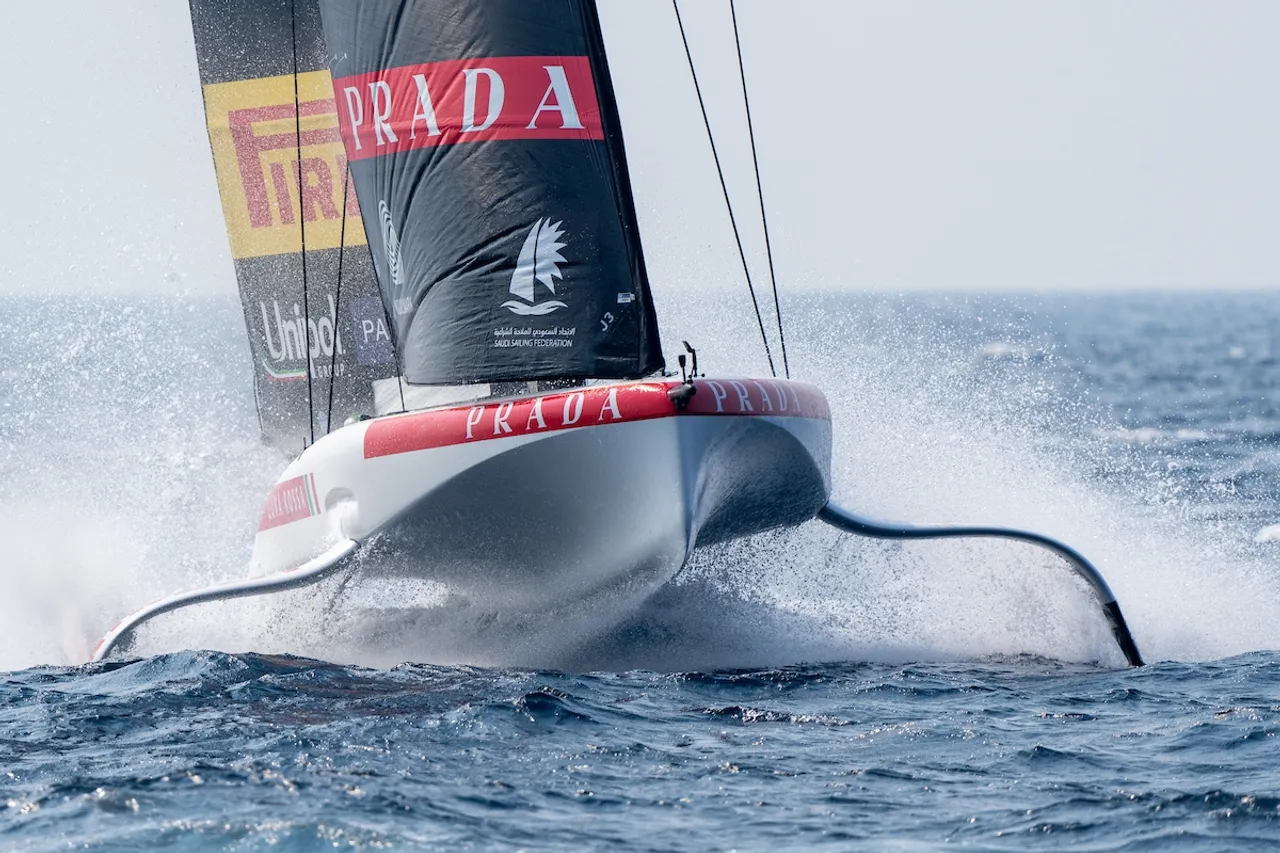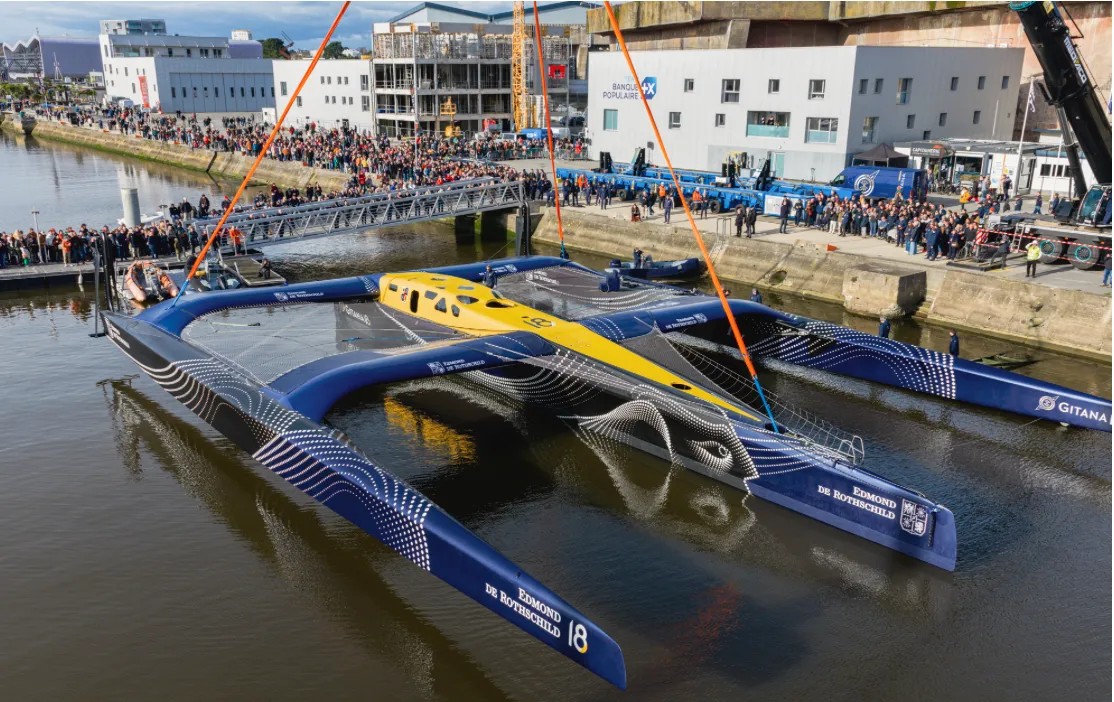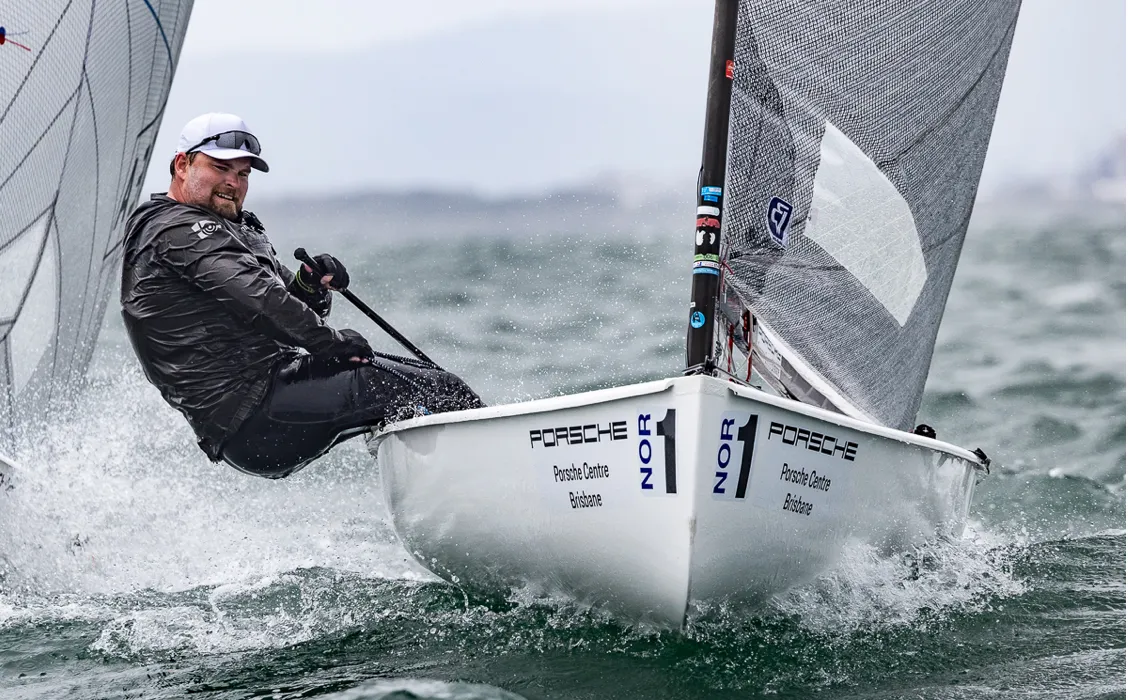Powered by RedCircle
When Micky Beckett talks about sailing the Laser – or ILCA 7 – it’s not about glamour or mystique. It’s about hard work, resilience, and the occasional dose of humility.
“It’s a simple boat,” he says. “When you’re going quickly, it’s great. And when you’re racing well, it’s great. And when you’re going slowly or not racing well, it kind of sucks. But all the people who sail the boat are very competitive and very stubborn. But I do really enjoy it.”
At 30, Beckett is one of the most accomplished sailors in the class, a regular podium‑threat at world championships and a four‑time winner of the Trofeo Princesa Sofía. Yet, the highs haven’t been without their lows – not least his painful experience at the Paris 2024 Olympic Games, where a medal slipped agonisingly away in the final race.
Beckett’s story begins in Solva, a picturesque but rugged harbour village in Pembrokeshire, Wales.
“My dad was a boat builder,” he says. “He made small recreational boats. He had a mould to make fibreglass rowing boats, which I think were about eight feet long. The idea was basically they had two wheels on the back and a handle on the front, because where I grew up, there’s big rise and fall in the tide. So wheels on the back of the boat are ideal. He made one for me, which he basically plugged the mast into and a little sail. That was the first boat I sailed. I’m pretty sure there’s a photo of me in it when I was five.”
It was the kind of childhood that teaches independence fast. “My brother and I grew up sailing together with my dad vaguely keeping an eye on us,” Beckett laughs. “Most of the time in summer he’d be out running sailing lessons and we’d just sort of be crashing around and trying to stay out of trouble.”
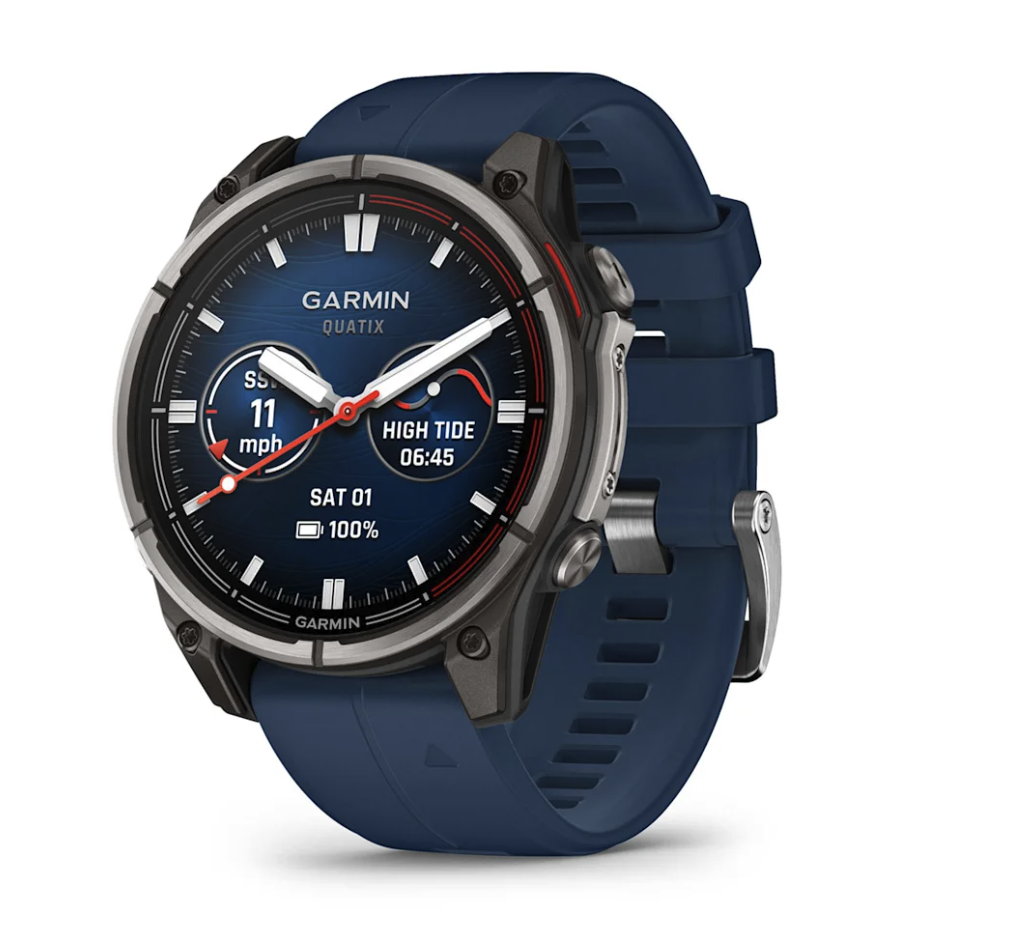
Garmin quatix® 8 – 47 mm, AMOLED: The Ultimate Smartwatch for Yacht Racers
The Garmin quatix® 8 – 47 mm, AMOLED is more than a smartwatch – it’s a race tool for serious sailors. With GPS-assisted start functions, full Garmin marine integration, and a stunning AMOLED display, it’s built to give yacht racers an edge on and off the water.
His first regatta was an eye‑opener. “Some family friends told us there was a thing called the Nationwide in Mumbles. At the time, that felt a long way away – about a two‑hour drive. I was 10, my brother was 12. There were about 120 competitors there. I turned up with an aft mainsheet Topper and I think I came about 115th. But I was just amazed at the scale of this event. I’d grown up sailing with six of my mates. Suddenly there’s over a hundred boats. I couldn’t get my head around it.”
Joining the British Sailing Team at 18 changed everything for Beckett.
“It’s massive,” Beckett says. “Particularly when you join at a much more impressionable age. You’re looking very much to other people to see what good is and what good looks like. When I joined, Nick Thompson had already won a couple of world medals. My first ever world championship was in 2015 – he won that.
“It made quite an impression on me. He was human above all else. He didn’t get up at five in the morning and run a marathon and then eat 12 egg whites. There’s nothing silly going on. He just worked very, very hard. He was very accurate in what he did. You can’t really learn that without a squad.”
That squad remains a crucial part of Beckett’s life today, not just as training partners but as friends. “We spend more time with each other than our families and girlfriends put together,” he says. “If we do have a squad motto – and we don’t – it’d probably be: if you don’t laugh, you’ll cry. You’ve just got to find humour in it.”
At Paris 2024, Beckett arrived with medal ambitions. But the Games didn’t go to plan. “I went into the medal race in fourth,” he recalls. “I was in as good a position as you could possibly hope for really. I was second and the guys who were in the medal positions were all basically last, second last, third last. So that would have put me either silver or bronze. Then the race was abandoned.
“We had a half‑hour delay, started again, and I got a yellow flag straight off the start – the first I’d had in three years. Then another one on the first downwind. By this point, I’m pretty much last. And that was it. It was a pretty painful experience. But I’ve rationalised it a bit. You learn your most important lessons from your most expensive failures.”
The months after Paris were difficult. “Win, lose or draw, you’ve got nothing to do after the Olympics,” Beckett says. “Compared to the purpose you had before, there really is nothing that compares. I did feel pretty lost. But I was quite clear about two things. One: I definitely want to continue. I love sailing this boat. Two: I don’t want to do it right now. I basically didn’t touch a boat until Christmas.”
When he did, the fire came back quickly – especially at the 2025 Trofeo Princesa Sofía in Palma, Mallorca.
“Palma’s a proper event,” Beckett says. “The forecast looked good. I remember thinking: this is the first event back from the Olympics, the majority of good people are here. I really want to win this. I do not want to be one of those people who slowly becomes mediocre off the back of an upsetting Olympic experience.”
Win it he did, and for a fourth consecutive time. “I just got into my groove,” he says. “And I remember thinking: I’ve missed this. This feels like a drug I haven’t taken in years. There’s just nothing else I’d rather be doing.”
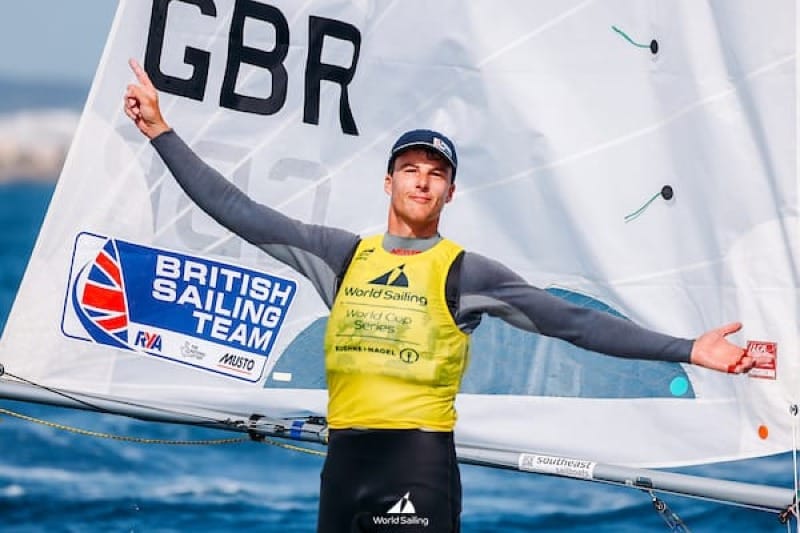
Beckett’s next big target is clear: Los Angeles 2028. “It’s a long way away,” he says. “But in the Laser, there’s no kit advantage. It’s just your skills, your decision‑making, your health and fitness on a given day. You push those as high as you can.”
He’s also open about his ambitions beyond the Olympics. “I’d love to do the America’s Cup,” he says. “Watching those boats in Barcelona – you don’t realise on TV what it is to see something the size of a five‑storey house doing 50 knots. It’s nuts. And as a Brit, knowing we’ve never won it – that lights a fire.”
For now, though, it’s all about the cause he’s committed his life to: “Olympic sailing is that cause. It gets you up in the morning. It keeps you going when it’s tough. And I’ve still got work to do.”


